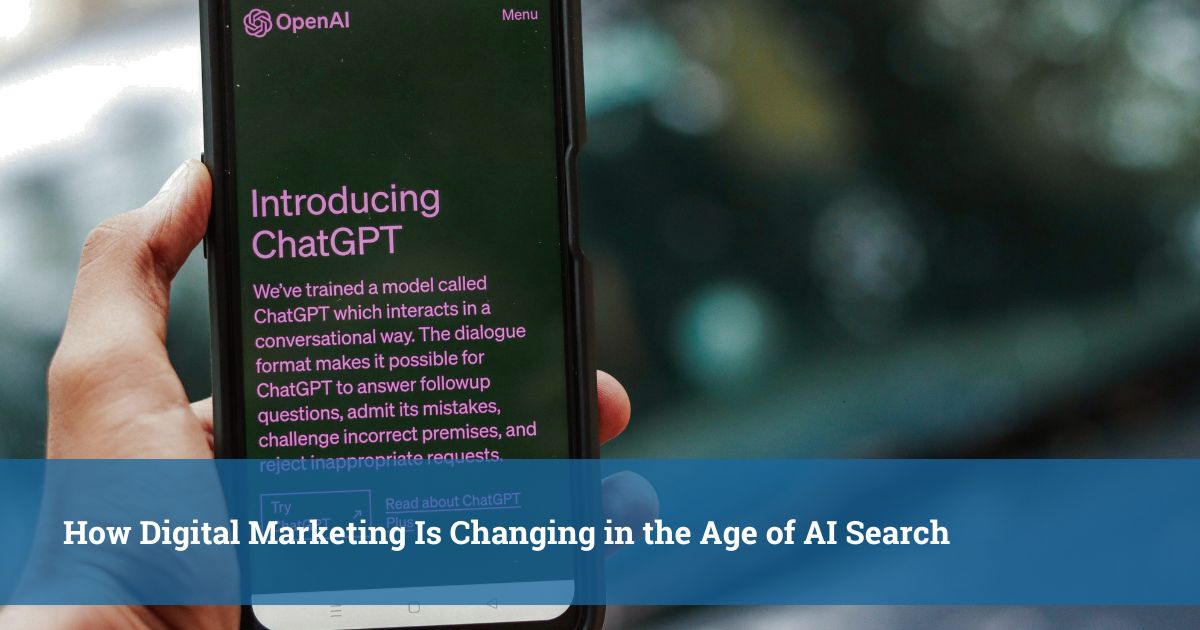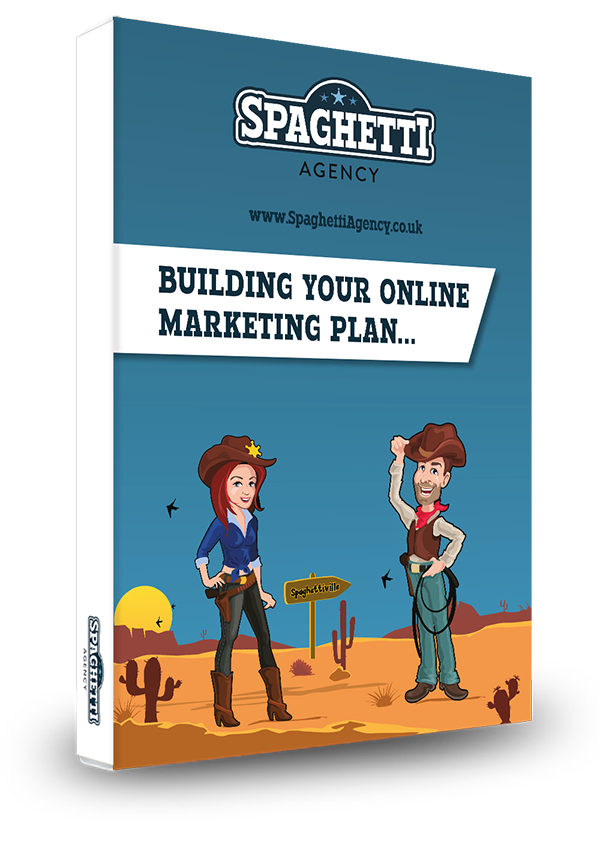Friday Digital Roundup
The Friday Digital Roundup is a witty take on the weird world of the internet. With fun stories from around the globe, it’s the only email newsletter you’ll actually read and enjoy!
We do love writing it, but clearly not as much as people like receiving it - just look at the response we got when a technical hitch meant it wasn’t sent out on time!
@Spaghetti_Jo
Coffee and the FDR is how I start my Friday.
Do not engage until I have devoured both
When it comes to the end of the week, there is no better way to start a Friday than with a run around the internet with Todd and Jo in the FDR. Just don't let them know I do it from the loo!
@Spaghetti_Jo
My inbox is full of rubbish newsletters that Im constantly deleting😬 My VIP inbox is for 1 thing only- THE DIGITAL ROUNDUP🤠I dont read a Newspaper or the news online, I just wait for Fridays, when this lands in my inbox- then I know ‘The weekend has landed’🤗
Get the Friday Digital Roundup and see what everyone’s talking about.
We may look like cowboys, but we’ll never abuse your data! Find out what we’ll do with it here, partner.
Spaghetti Blog
How Digital Marketing Is Changing in the Age of AI Search
Digital marketing is always evolving. Over the past 20 years we’ve seen the rise of social media, online reviews, paid advertising and influencer marketing. But nothing compares to the shift that’s happening right now — with the rise of AI as a tool for search.
Tools like ChatGPT, Gemini and Claude aren’t just being used to write social media posts or do a bit of research anymore. People are starting to use them instead of Google to find products and services. That’s a game-changer.
So what does this mean for your business? How do you get found when someone turns to AI for recommendations? And does your marketing strategy need to change?
How Digital Marketing Is Changing in the Age of AI Search
A Real Conversation That Got Me Thinking
This week I had a conversation with a client that sparked this blog. They’d made a sale thanks to Grok – the AI search tool built into X (Twitter) – and they asked me, “How do we make sure we appear in tools like ChatGPT and Grok when people are searching?”
It’s a question I’m hearing more and more. We used to talk about Google rankings, now we’re talking about AI visibility.
So I tested it. I asked ChatGPT for a list of businesses offering a certain service in my client’s area – and they came up. But that got me wondering: how did ChatGPT choose those results? Why did it show that business, in that order?
So I asked.
How AI Tools Like ChatGPT Choose What to Show
ChatGPT explained that it doesn’t just make guesses – it pulls data from all over the internet and uses logic to rank what it shows you. Here’s what it told me it looks for:
Reputation and visibility online – Businesses that already rank well on Google or are mentioned on trusted sites tend to show up more often.
Review content – Not just scores, but the actual words people use in reviews matter. If your customers say great things about you, AI tools notice.
Active and engaging social media – AI looks for businesses that post regularly, use quality images, and respond to comments.
Mentions in directories, blogs and PR – Business listings, online magazines, niche blogs‚ all of these count as signs of authority.
Clear, helpful website content – If your site doesn’t clearly explain what you do (and in the language your customers would search for), you’re much less likely to be featured.
In other words, all the traditional signals that help with SEO still matter – but now they’re being processed faster, more thoroughly, and more conversationally by AI.
I Also Asked ChatGPT What I Should Do – Here’s What It Said
After testing the results, I went one step further and asked ChatGPT directly what businesses can do to improve their chances of showing up.
Here’s what it said:
- Keep your website clear and consistent – Make sure it explains exactly what you offer in plain English.
- Use structured data – This is a bit techy, but things like schema markup help search tools understand your site better.
- Get mentioned elsewhere online – Even if there’s no link, being talked about in local blogs or magazines helps.
- Sound human – AI tools respond well to natural, conversational language that answers real questions.
- Stay consistent across all platforms – Conflicting information on your site, socials, and listings can hurt your visibility.
- Optimise your visuals – Good photography and well-labelled images (with proper alt text) are more important than ever.
What I took from this is simple: you need to show up, be clear, be trusted, and be seen.
So What Should You Do Now?
If you’re already doing SEO, blogging, collecting reviews, and staying active on social media – good news, you’re on the right track.
But if you’ve been letting some of those things slide, now’s the time to get serious. Because AI tools are doing the research for your potential customers – and they’re going to pull together results from everywhere, instantly.
Here’s what you can do today:
- Make sure your website clearly lists your services
- Create content regularly (blogs, case studies, FAQs)
- Keep your social media active and engaging
- Ask for genuine reviews and respond to them
- Get listed in relevant directories or featured in niche blogs
- Use proper image names and alt text on your photos
AI isn’t coming – it’s already here. And your customers are already using it. So make sure your digital marketing is working hard in all the right places, so AI can find you and recommend you.
If you’re not sure where to start, or if you want help building a strategy that works now (and in the future), let’s have a chat. This is exactly what we help businesses with.
Tags associated with this article
AI ChatGPT Marketing Strategy SEO small business marketingPost a comment
We'd love to know what you think - please leave a comment!







0 comments on this article